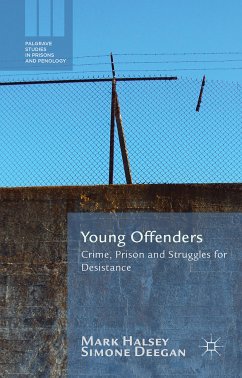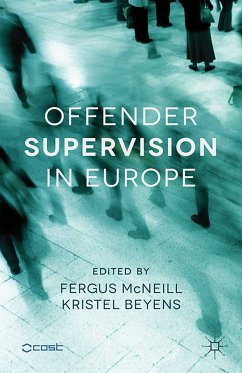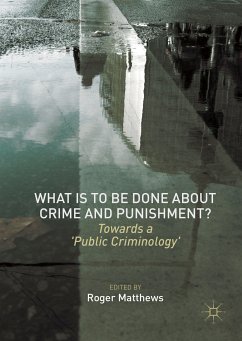The confusion between criminologists and penal reformers was initially encouraged by criminologists themselves, many of whom were penal reformers. Strictly speaking, penal reform, according to Walker, was a spare-time occupation for criminologists, just as canvassing for votes is an ancillary task for political scientists. The difference is that the criminologist's spare-time occupation is more likely to take a ""moral"" form, and when it does so it is more likely to interfere with what should be purely criminological thoughts.
The machinery of justice involves the interaction of human beings in their roles of victim, offender, policeman, judge, supervisor, or custodian, and there must be a place for human sympathy in the understanding, and still more in the treatment, of individual offenders. This book is concerned with the efficiency of the system as a means to these ends. One of the main reasons why penal institutions have continued to develop more slowly than other social services is that they are a constant battlefield between emotions and prejudices. This is a great empirical study; against which the policy-maker and criminologist can measure progress or regression in British criminals and punishments.
Dieser Download kann aus rechtlichen Gründen nur mit Rechnungsadresse in A, B, BG, CY, CZ, D, DK, EW, E, FIN, F, GR, HR, H, IRL, I, LT, L, LR, M, NL, PL, P, R, S, SLO, SK ausgeliefert werden.









